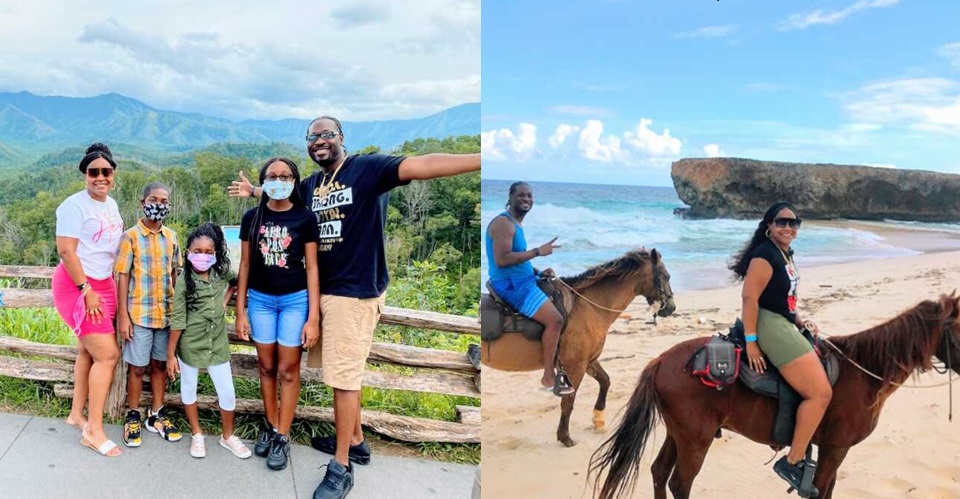She didn’t build a perfect family; she built a faithful one, showing up, choosing love, and raising kids who won’t have to heal from their childhood to enjoy their future. She grew up in San Diego with a single mom, met her dad for the first time at seventeen, and learned early that life could be complicated. Her mom lived with a mental illness.
Her dad, once a Marine, was a recovering addict who moved in and out of prison. At twenty, after six messy, thrilling months with a boyfriend, she found out she was pregnant. She’d never pictured herself as a mom and didn’t even think she could have kids. Still, the test was positive, and so was her decision to change. She got a job, returned to school at eight months pregnant, and started building a steadier life.

He didn’t change. While she worked, he partied, rapped, chased fashion-school dreams, and avoided employment. His family helped with diapers and a shower; she handled the rest. Two women made that season possible: her mother and Mrs. Alston, the daycare provider who had helped raise her and now watched her baby. With their support, she advanced at work, moved out of her mom’s one-bedroom, and enrolled her daughter in the preschool where she taught. School, work, and parenting braided together so tightly she could carry them all.
In 2011, her twin and a friend talked her into Facebook. She’d never wanted the spotlight, but she loved photos, and there he was: Anthony, her high school best friend who’d once proposed back in 2001. They’d stayed loosely in touch; now they talked every day. He shared his fight to see his son. She shared the chaos with her daughter’s father. Feelings grew. Within six months, she and her daughter boarded a plane for the first time and moved to Virginia. The timing was rough.
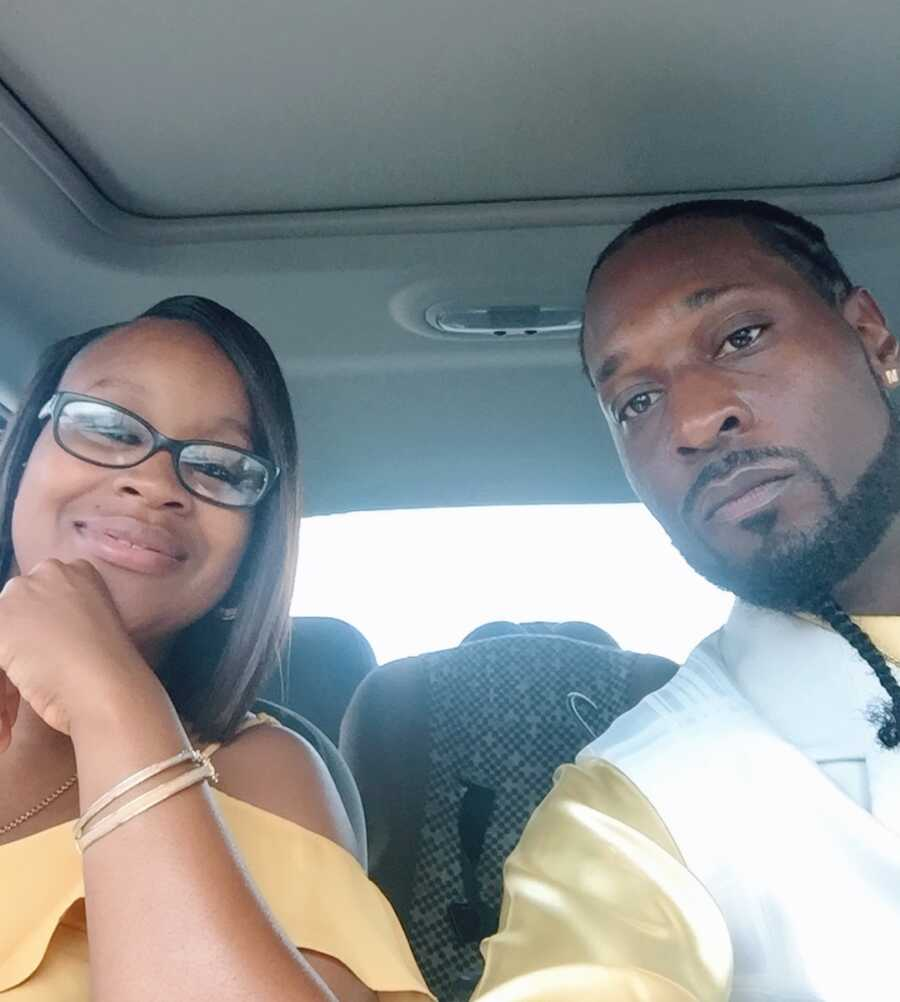
Papers from the family court landed the day before they left. She hoped distance would calm things. It didn’t. Anthony’s court-ordered visits were blocked with “they’re not here,” and her daughter struggled with change, new state, new home, a man hugging and kissing her mom. When Anthony proposed in a store, her little girl melted down. Then came the worst blow: his son’s mother had moved out of state without telling him. No address, no phone number, no way to see his child. He filed motion after motion. Nothing stuck.
Eventually, the mother returned. By then, she was pregnant. A judge ordered summer visitation because of the out-of-state move. One day, his son arrived with a burn on his face and said, “My mom burned me with a cigarette.” As a mandated reporter, she had to tell the guardian ad litem what he’d said. She hated stepping into the courtroom spotlight, afraid it would look vindictive. Months later, a judge awarded Anthony full legal and physical custody, not for proven abuse, but because the mother kept putting her own needs first. The mother collapsed in tears. It didn’t feel like winning; it felt like the least-worst outcome for a boy who needed stability.
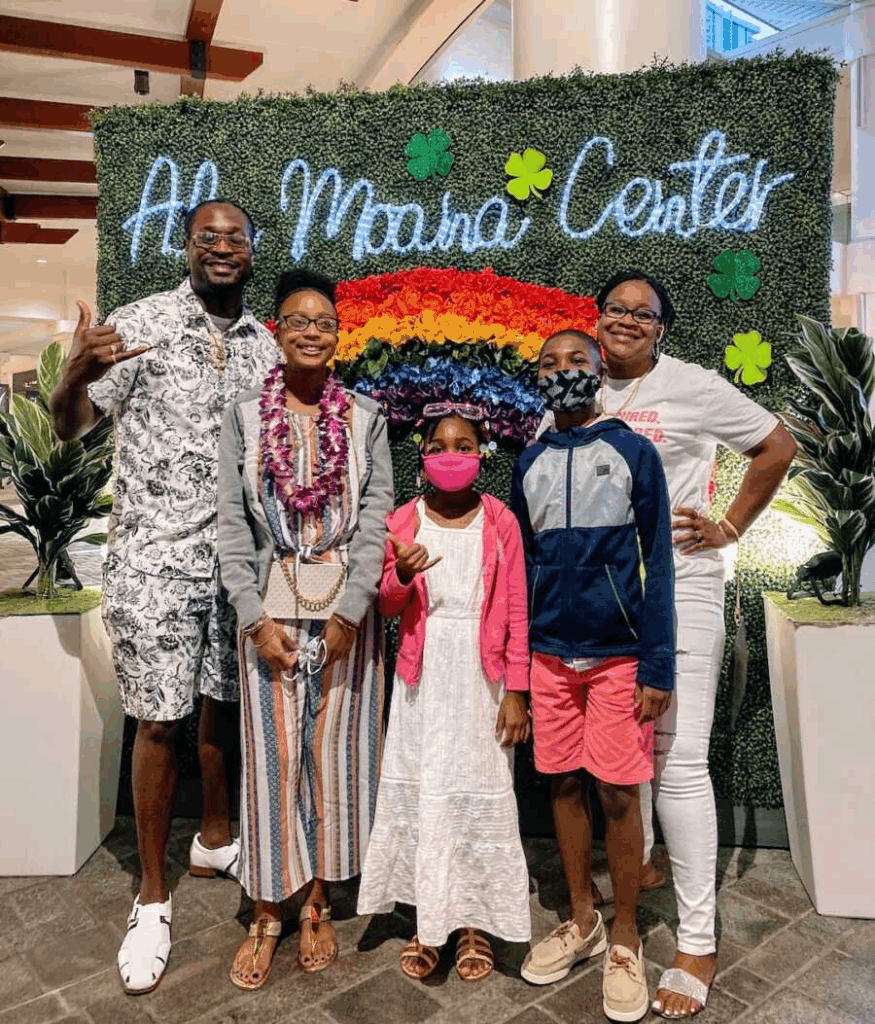
The conflict didn’t end. The maternal grandmother dragged them to court year after year with accusations that, if true, would have jailed Anthony. CPS showed up more than once. Nothing was substantiated. Through it all, she noticed a pattern: stepfathers get praised; stepmothers get policed. People tried to tell her what her role should be. But this wasn’t occasional babysitting; she cared daily for her stepson because Anthony had full custody. She learned to hold her ground quietly and keep showing up. At home, they built something sturdier.
They honored visitation schedules, encouraged their kids to love their other parents, and banned “us vs. them” talk. They put the children in therapy with LCSWs who could give each one a safe space and help the family build better tools. They traveled, made memories, and aimed for the childhood no one would have to recover from. Some days were calm. Some were court dates. Most were ordinary: packed lunches, school pickups, bedtime stories, a house trying to be a soft place to land.
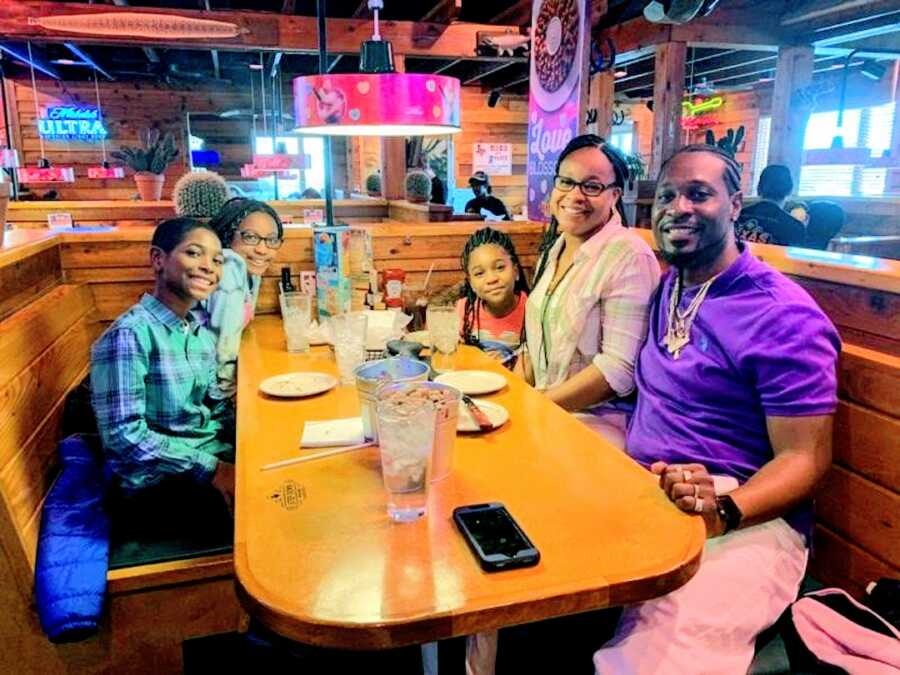
Eleven years into marriage and nine years into full custody, they call themselves what they are: one family. Not perfect, not drama-free, but consistent. They still feel alone sometimes; most relatives nearby are connected through his son, and they still get tired of being the bigger person. Yet they keep at it: feed the kids, protect their hearts, respect the orders, defuse the fights, apologize when wrong, and begin again the next morning. If she has advice, it’s simple. Put the children first every single time.
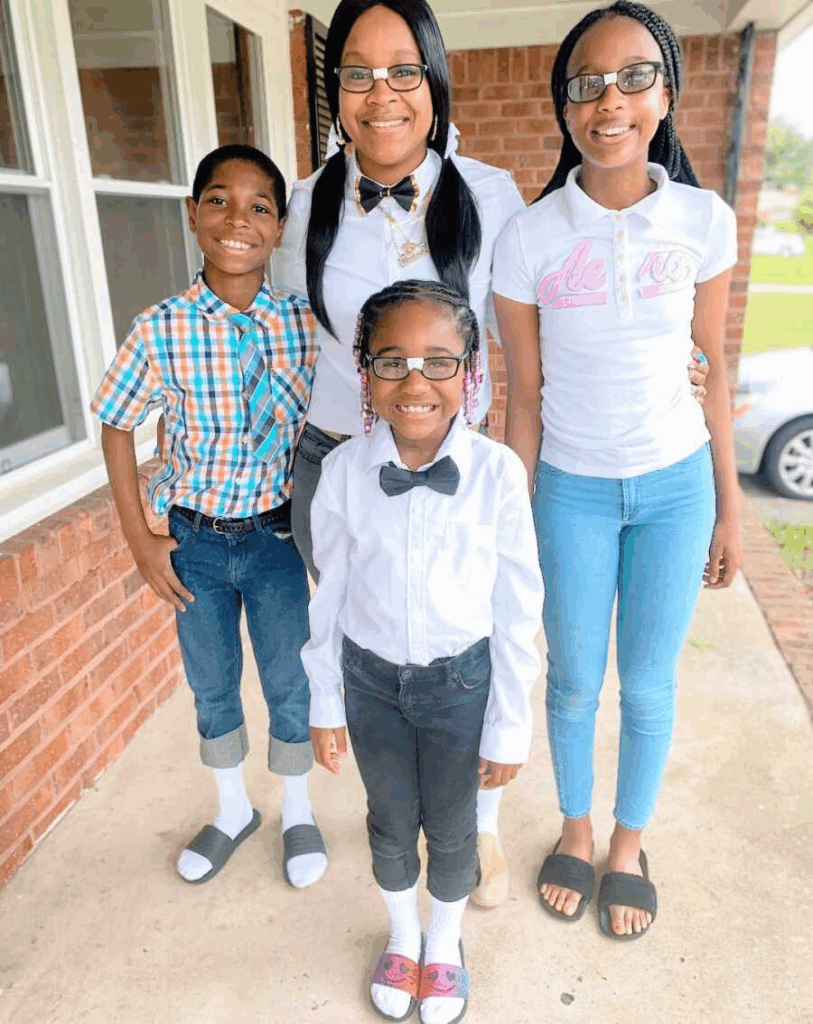
Think about how today’s choice will feel to them ten years from now. Don’t waste energy defending your title or family shape. Meet their physical and emotional needs. Fill your home with as much love and peace as you can control, then let go of what you can’t. Being the bigger person isn’t a weakness; it’s modeling the strength your kids will need when they’re the ones making hard choices.
